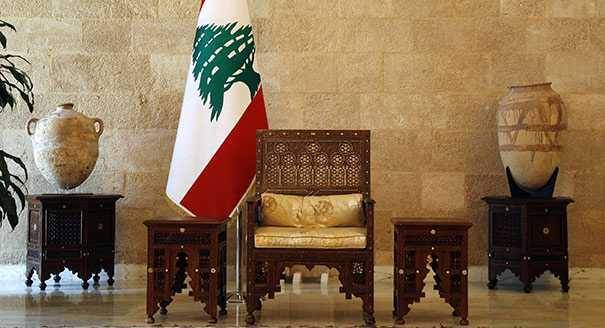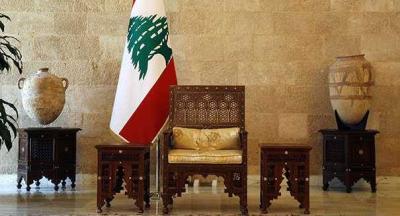The country is facing a series of pressing challenges that will determine its direction in the near future. The government obligation has become a thing of the past, trapped by complications and convictions, and has been frozen in a state of deliberate administrative obstruction by those in charge of this file. Meanwhile, the critical obligation of awaited reforms is linked to the approval of the Parliament for several related projects, alongside the approval of the current year's general budget. Speaker of the Parliament Nabih Berri has tied his call for a session to elect the President of the Republic within the constitutional period, which is less than twenty days away, to the completion of these projects, some of which pave the way for achieving a cooperation program between Lebanon and the International Monetary Fund.
In this atmosphere, parliamentary circles are preparing to hold a legislative session, possibly next week, to study and approve those projects, preceded by a meeting of the Parliamentary Bureau during next week to set the session's agenda. It is noted that the Finance and Budget Committee studied some projects yesterday and approved amendments to the $150 million loan agreement with the World Bank related to securing wheat. Meanwhile, preparations are intensely underway to finalize the general budget project, which various circles agree may involve adjustments in its figures based on a new dollar exchange rate ranging from 12,000 to 14,000 Lebanese pounds. Some governmental voices have also suggested that the budget figures be calculated based on an exchange rate from Sayrafa.
In this context, economic sources reflect a sense of relief at the International Monetary Fund regarding the expectations from Lebanon about meeting the conditions necessary to finalize the cooperation agreement with Lebanon. However, according to these sources, while the fund sees a positive direction in meeting a set of proposed conditions, paving the way for approval of the cooperation program with Lebanon primarily requires the passage of the "capital control" law. Without this approval, there is no way to conclude a cooperation agreement with Lebanon.
However, governmental atmospheres do not indicate that the capital control project is being expedited. Government sources told "Al-Jomhouria" that there is no doubt that the approval of capital control constitutes a significant achievement that helps regulate the movement of hard currency and prevents its depletion from Lebanon, along with uncontrolled transfers or smuggling abroad. However, the final form of this project has yet to be completed, and current efforts are focused on overcoming some obstacles in its way. Once it is ready, it will be presented for approval in the Parliament, accompanied by the government recovery plan.
Despite the presidential obligation not yet entering the decisive phase concerning the election of a new President of the Republic within the constitutional deadline from the beginning of September to the end of October, the general atmosphere in the country leans toward the possibility of a presidential vacuum after President Michel Aoun's term ends on October 31. This is mainly due to the lack of consensus so far on the name of the individual who will be elected.
If we delve deeper into the presidential scene, it appears that the political and parliamentary forces do not share a unified stance on this obligation. Informed political sources told "Al-Jomhouria" that the chances of a presidential vacuum are significantly greater than the chances of electing a President. A problem will emerge starting November 1, manifesting in how to manage the state in light of a vacant presidency and a caretaker government. Is it permissible for such a government to be entrusted with the authorities of the President after the expiration of his term and departure from the presidency? This issue will lead to confusion and raises concerns about endless legal and constitutional disputes.
The sources expressed their understanding of the stances of internal parties, especially on the Christian side and specifically from the Maronite perspective regarding the presidential obligation and the tensions that occasionally arise among some active Christian parties. They remarked that this is a normal occurrence accompanying every presidential obligation. However, the same sources highlighted that internal parties are exaggerating their ability to influence the presidential obligation. There are no nominated names yet, and the potential candidates, particularly the serious ones, are waiting for developments in this file, appearing to reject entering this quagmire, wherein political forces are engaged in what is referred to as "specification diversion," where each party defines the specifications of the president they desire, forgetting that this obligation, as governed by internal considerations, is usually dictated by external regional and international factors that have yet to be clarified. Therefore, what is happening in Lebanon concerning the presidential obligation is deemed unnecessary, and at best, represents a game in lost time that neither advances nor delays.




